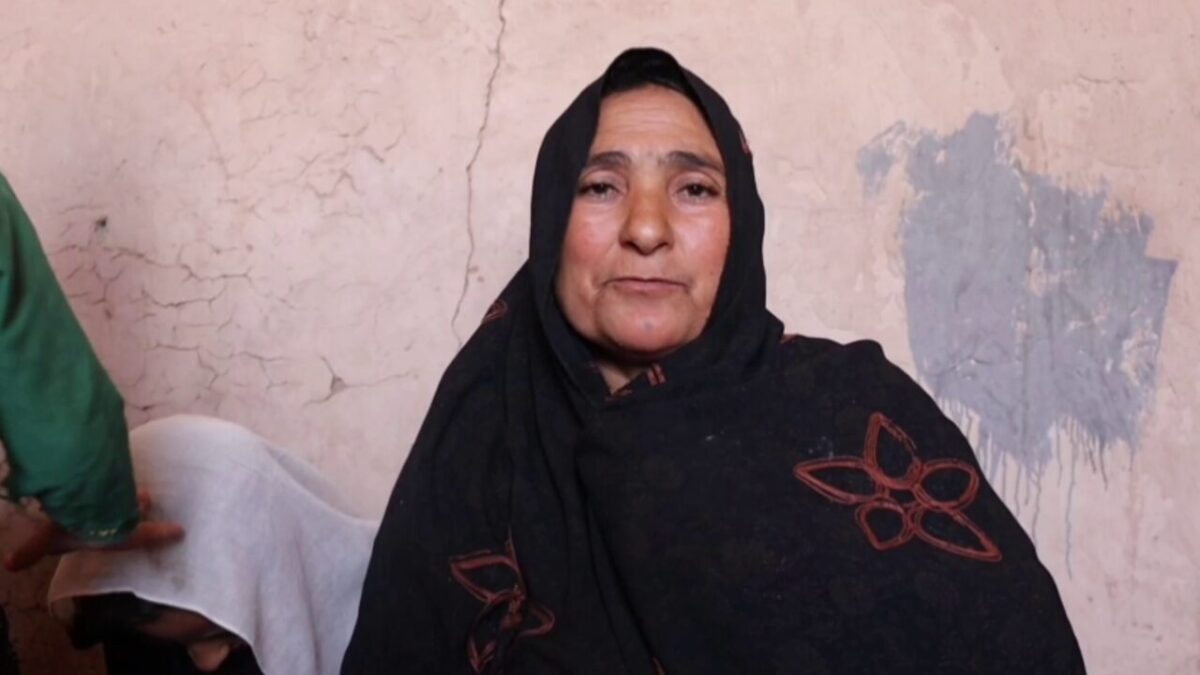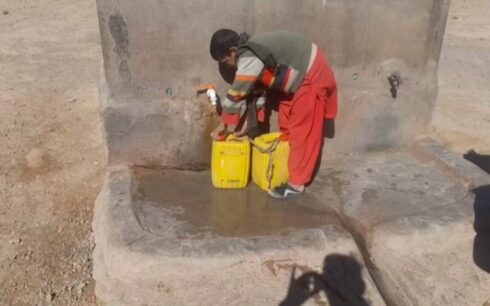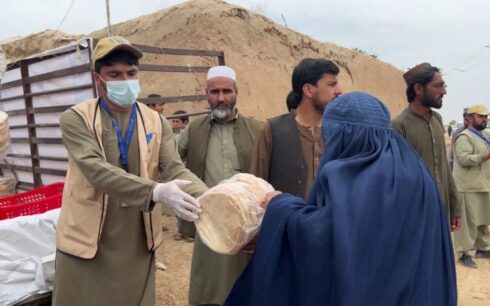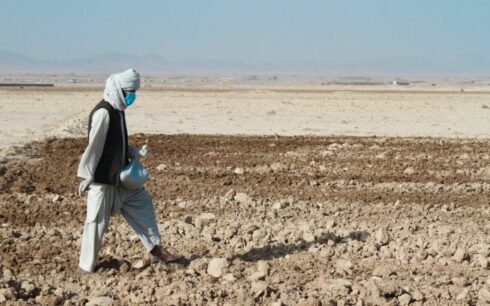Amid a mass deportation of Afghan migrants from Pakistan, many returning families in Kandahar Province are struggling with severe economic challenges and a lack of basic resources such as shelter and food.
Anisa Gul, a mother of five and the head of her household, says she has received no assistance since arriving in Kandahar. “I am very sick, confined to my home, and facing numerous problems,” she told reporters. “No help has been provided to me so far.”
The family, which had lived in Pakistan for 15 years, was recently forced to leave after being expelled by Pakistani authorities. Gul’s husband passed away during the COVID-19 pandemic, leaving her as the sole provider for her children.
A Growing Crisis at the Border
Kandahar, located in southern Afghanistan and bordering Pakistan, has become a major entry point for deported Afghans. Hundreds of individuals arrive in the province daily, most with no means of support.
Abdullah, another returnee, described his family’s plight after their sudden expulsion. “We lived in Pakistan for 15 years, and now this is our life,” he said. “We need help.”
Salima, another resident of Kandahar, echoed the frustrations of many. “We pay 1,500 Afghanis ($18) in rent for this home,” she said. “No assistance has come our way, and life is incredibly difficult.”
Limited Opportunities and Mounting Hardship
With few job prospects in Kandahar and minimal humanitarian support, the challenges for deported families are immense. The lack of coordinated aid leaves many vulnerable, particularly women-led households like Gul’s.
As deportations from Pakistan continue, the influx of displaced families is overwhelming local resources, deepening the humanitarian crisis in southern Afghanistan. Advocates are urging for greater international and governmental support to address the growing needs of these vulnerable populations.





